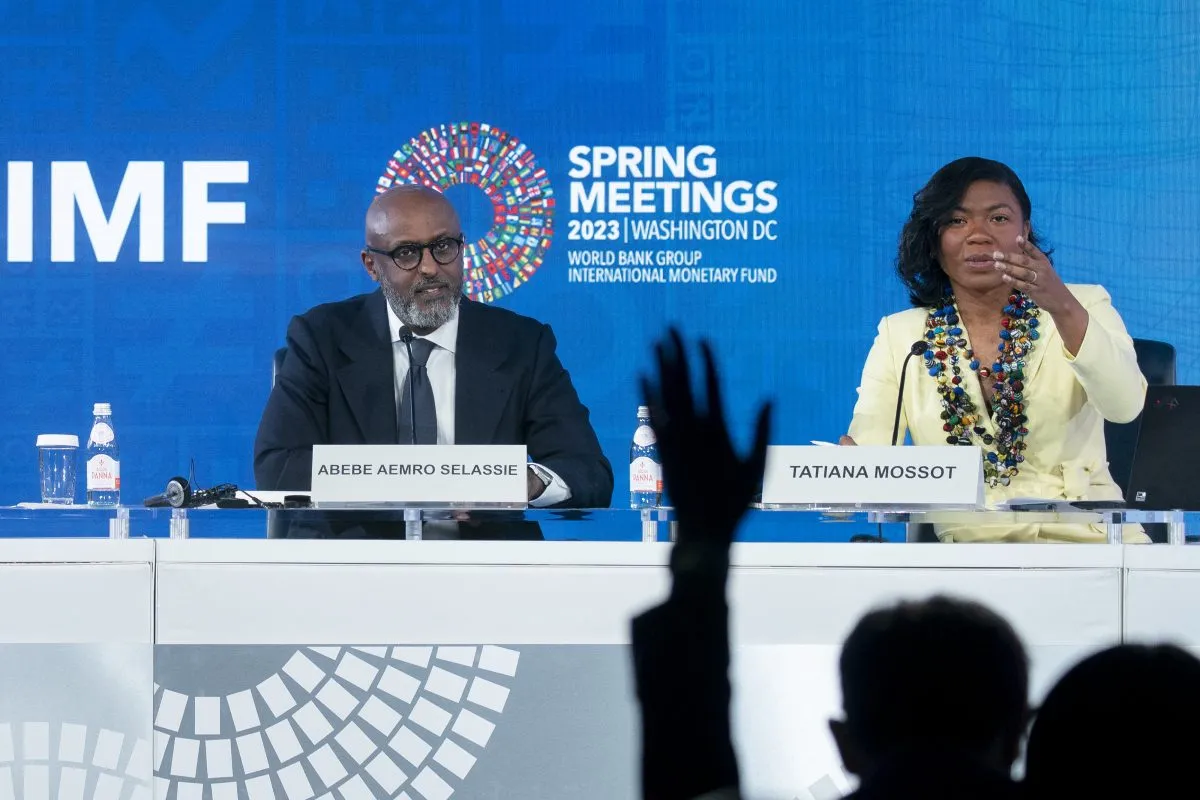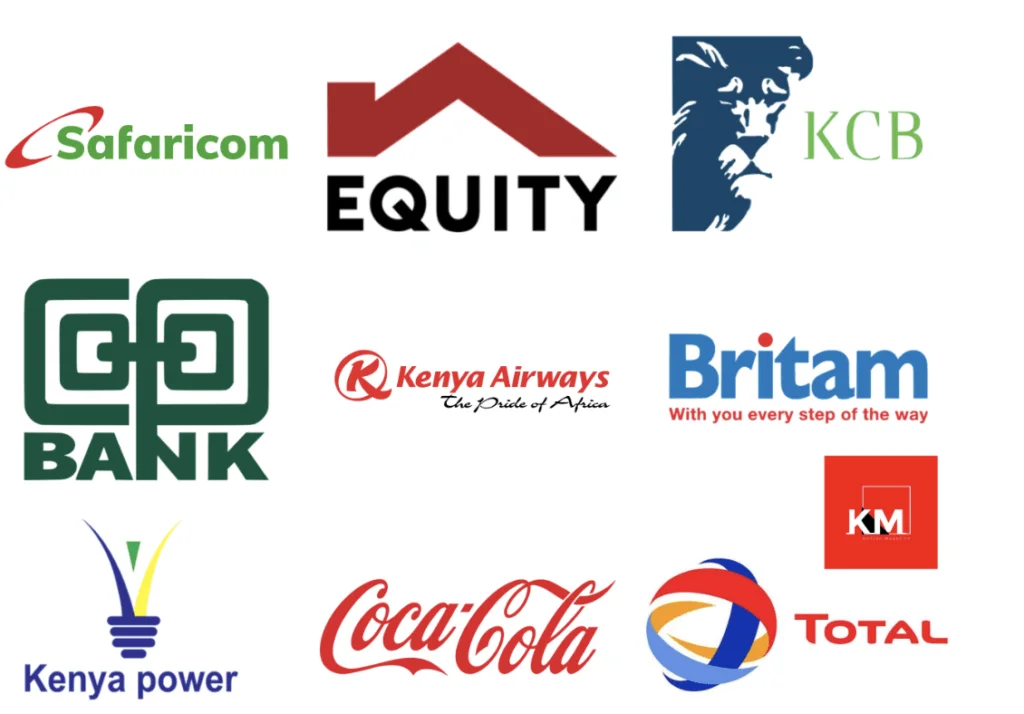In this article, we will explore the top 10 African countries with the highest debts to the IMF. these debts are a reflection of the economic
Africa, with its vast resources and growth potential, has faced significant economic challenges over the years. Many African countries have had to rely on external sources of funding to sustain their economies and meet their financial obligations. One such source is the International Monetary Fund (IMF), which provides financial assistance to countries in need.
The International Monetary Fund (IMF) is a key player in global finance, offering monetary assistance to governments suffering economic difficulties. However, these loans from the IMF can have deep and varied effects on their economy. These effects are felt in some parts of Africa, particularly in regions where the debt is unsustainable.

In this article, we will explore the Top 10 African Countries with the highest debts to the IMF. It is important to note that these debts are a reflection of the economic struggles faced by these countries and the measures they have taken to stabilize their economies.
TOP 10 African Countries With The Highest Debts To The IMF
| Rank | Country | Debt amount |
|---|---|---|
| 1. | Egypt | $11,968,321,674 |
| 2. | Angola | $3,153,816,667 |
| 3. | South Africa | $2,669,800,000 |
| 4. | Côte d’Ivoire | $2,117,559,620 |
| 5. | Kenya | $2,058,982,100 |
| 6. | Nigeria | $1,840,875,000 |
| 7. | Ghana | $1,644,377,000 |
| 8. | Morocco | $1,499,800,000 |
| 9 | Democratic Republic of Congo | $1,294,500,000 |
| .10. | Tunisia | $1,259,139,338 |
TOP 10 African Countries With The Highest Debts To The IMF
1. Egypt $11,968,321,674
Egypt’s total external debt reached $165.36 billion at the end of March 2023. In August, Egypt’s foreign asset deficit amounted to nearly $25.92 billion. The country seeks to collect $191 billion in annual US dollar revenues by 2026
2. Angola $3,153,816,667
Public debt in Angola averaged 77.4% of GDP in the decade to 2022, significantly above the Sub-Saharan Africa region’s average of 43.7% of GDP. In 2022, Angola’s public debt was 66.7% of GDP. For more public debt information, visit our dedicated page.
3. South Africa $2,669,800,000
South Africa’s National Government Debt reached 269.0 USD bn in Sep 2023, compared with 266.9 USD bn in the previous month.
4. Côte d’Ivoire $2,117,559,620
IMF Executive Board Approves US $3.5 Billion Extended Fund Facility and Extended Credit Facility for Côte d’Ivoire
5. Kenya $2,058,982,100
Public debt averaged 55.1% of GDP in the decade to 2022, above the Sub-Saharan Africa average of 43.7% of GDP. Kenya’s public debt in 2022 was 68.4% of GDP. For more public debt information, visit our dedicated page
6. Nigeria $1,840,875,000
IMF says Nigeria’s N87.3 trillion ($113.4 billion) total public debt is manageable and does not pose any urgent risks to the economy.
7. Ghana $1,644,377,000
Upon completion of the Executive Board review, Ghana would have access to SDR 451.4 million (about US$ 600 million), bringing the total IMF financial support disbursed under the arrangement, since May 2023, to SDR 902.8 million (about US$1,200 million)
8. Morocco $1,499,800,000
External Debt in Morocco decreased to 676819.04 MAD Million in the fourth quarter of 2022 from 694237.31 MAD Million in the third quarter of 2022.
9. Democratic Republic of Congo $1,294,500,000
A cascade of major projects. Regarding external debt, the DRC’s main creditors are still the International Monetary Fund and the International Development Association, and it owes them a total of $3.1bn
10. Tunisia $1,259,139,338
In the latest reports, Tunisia’s National Government Debt reached 37.7 USD bn in Mar 2023. The country’s Nominal GDP reached 11.7 USD bn in Dec 2022.
Conclusion
The top 10 African countries with the highest debts to the IMF are a reflection of the economic challenges faced by these nations. These countries have implemented various economic reforms to address their fiscal imbalances and promote sustainable economic growth. These countries must manage their debts effectively and attract foreign investment to support their economic development.
As Africa continues to strive for economic stability and growth, these countries need to implement sound economic policies and diversify their economies to reduce their reliance on external funding sources.




